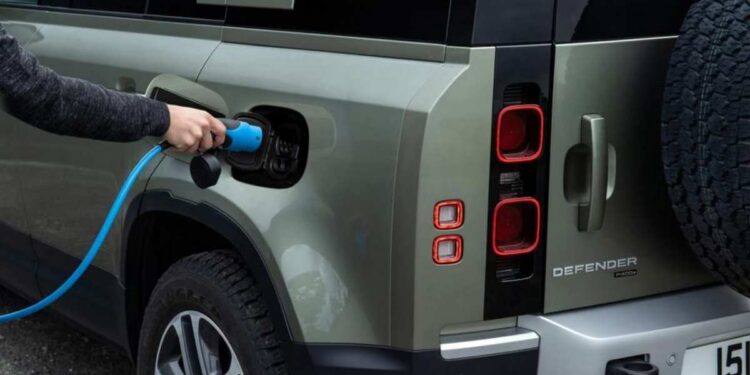Hybrid car sales have surpassed gasoline-powered cars for the first time in the history of car sales in the European Union, as announced by the European Automobile Manufacturers Association in its latest report and reported by Reuters.
The percentage of hybrid car sales reached 32.8% of total new car sales in September, which reflects the increasing demand for this type of car as an alternative solution between electric cars and cars that run on traditional fuel.
In addition, overall new car sales in the European Union recorded a decline of 6.1% year-on-year, the second consecutive decline since July 2022, as major markets such as Germany, France and Italy continued to stagnate.
The rise of hybrid cars
Sales of hybrid electric vehicles (HEV) witnessed an increase of 12.5% compared to last year, which reflects the increasing demand for this type of car by consumers who see it as a compromise between traditional and fully electric cars.
On the other hand, sales of gasoline-powered cars fell by 17.9% to record a market share of only 29.8% of the total cars sold in September.
Sales of fully electric vehicles (BEV) and plug-in hybrid vehicles (PHEV) witnessed an increase of 9.8% compared to the previous year.
The car market has changed
According to the association’s report, electric cars, including pure electric cars, plug-in hybrids and regular hybrids, accounted for 56.9% of all new car registrations in the European Union during September, compared to 50.3% in the same period last year.
“The current figures show that we are still far from achieving the thriving market that Europe needs in the field of electric vehicles,” said the association’s Director General, Sigrid de Vries. “Current growth is not sustainable or reliable enough to ensure a successful transition to green mobility,” she added.
Rising competition
Major European car companies such as Volkswagen, Stellantis, and Renault face major challenges as a result of declining domestic demand and increasing competition from Chinese electric car manufacturers.
In an attempt to confront this threat, European Union countries earlier this month supported imposing customs duties of up to 45% on electric cars imported from China, a move aimed at countering what Brussels described as unfair support provided by the Chinese government to its companies.
The association’s data showed a variation in the performance of European automobile companies, as Volkswagen recorded a slight increase in sales by 0.3%, while sales of Stellantis declined by 27.1%, and Renault by 1.5%.



